SUMMARY
This is AI generated summarization, which may have errors. For context, always refer to the full article.
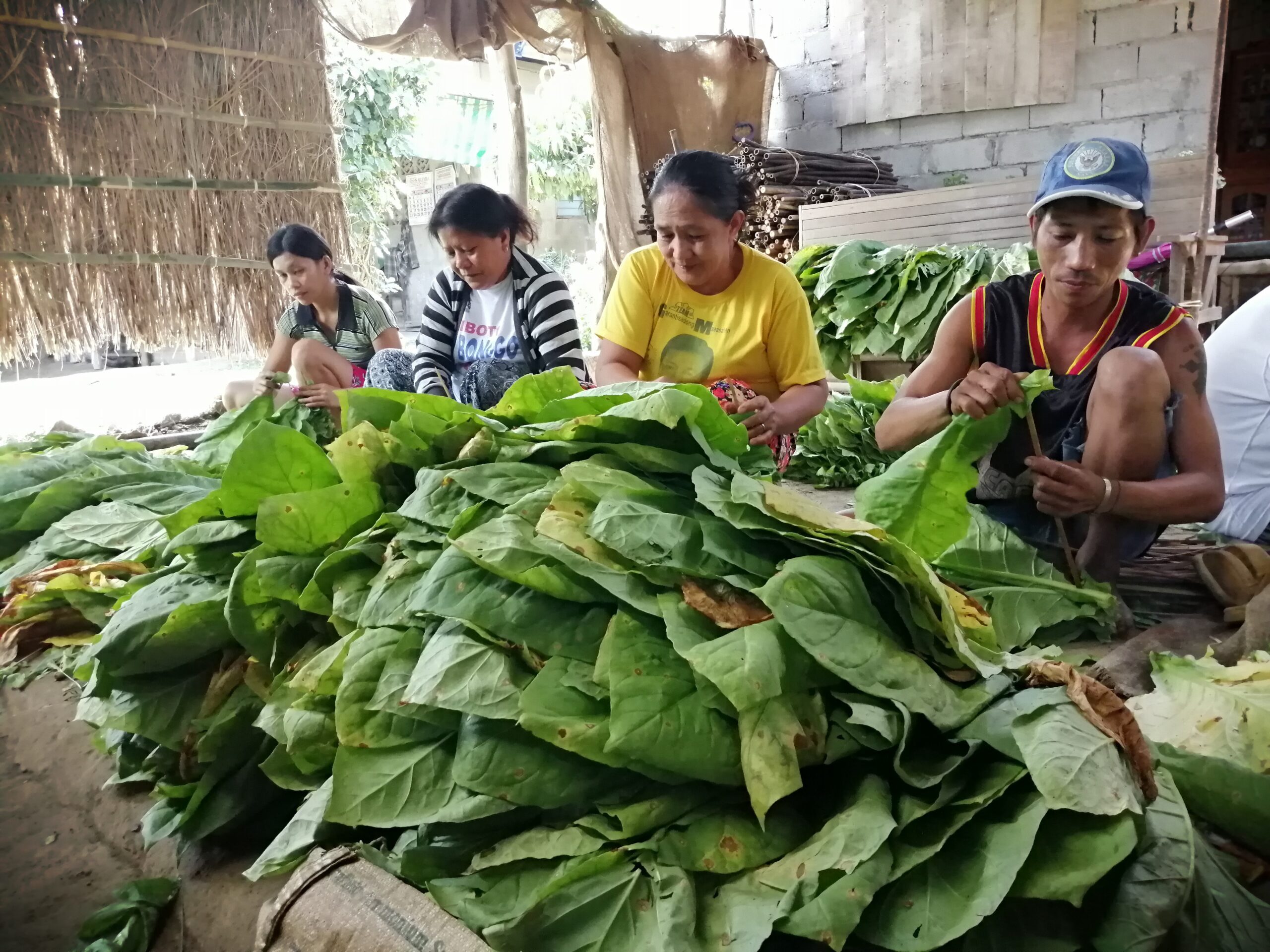
VIGAN, Philippines – The National Federation of Tobacco Farmers Association and Cooperatives (NAFTAC) is optimistic that trading centers will maintain their current trajectory of relatively high buying prices and relaxed grading systems. Such optimism stems from the potential for these measures to substantially bolster tobacco farmers’ earnings this year.
“Napinpintas tatta ta nangina kumpara idi naglabas ken saanda unay strict ti classification, saan unay nga adu ti basisda iti grades, halos dudua, diay reject ken napintas,” said NAFTAC President Bernard Vicente said on Friday, April 19.
(The prices are better now, higher than in previous years. They also eased the classification, not too many grades; it is almost just between good and reject.)
“Saan met lang naaduan ti trabaho ti farmers ta saan unay nga strikto, kumpara idi ket adu ti mapan iti labor ta isimpam ken i-classifymo pay iti urayla,” he added.
(There was less work for farmers since trading centers were not that strict. We spent more on labor before because we had to prepare and classify carefully.)
The number of grades, exceeding the classification set by NTA, and low buying prices have been perennial issues for tobacco farmers. In recent years, trading centers have become stricter about non-tobacco-related materials mixed with leaves.
The farmer-leader from Sinait, Ilocos Sur, attributed the price increase and easing of the classification process to the high demand for tobacco, particularly from other countries. This, he said, coupled with financial support and farm subsidies from local governments, has helped offset the rise in production expenses, potentially leading to higher profits for the farmers.
“Bareng no next year ket kastoy to manen. Ket no tatta maaramidda apay nga saanda a maaramid all the time tapno iti kasta ket saanda a parparigaten dagiti farmers… Daytoy ti sapsapulenmi a sistema ti panagraduan lalo iti Virginia ta kastoy met idi saan unay nga istrikto,” Vicente said.
(I hope that next year will be the same. If they could do it now, why can’t they implement it consistently so they won’t burden the farmers anymore? This is the grading system we desire, especially in Virginia, because it was like this before, less strict.)
According to the National Tobacco Administration (NTA), buying stations purchase premium flu-cured Virginia tobacco leaves at P113 per kilogram, with field canvassers in the 1st District of Ilocos Sur offering as high as P127 a kilo.
The increase means Class AA Virginia leaves are now priced P16 to P30 higher than the P97 floor price set during the last tripartite negotiations. Also, prime air-cured Burley tobacco is expected to reach P100 a kilo, a substantial increase of P19 from its approved floor price.
“The tobacco buying price increase reflects market demand and crop quality as well as the presence of good weather and the increase of floor prices,” said NTA Administrator Belinda Sanchez.
Virginia’s buying season opened on January 15 and will last until June. Meanwhile, trading for Burley started in February and is expected to continue until July.
The farmers’ group Solidarity of Peasants Against Exploitation (Stop Exploitation) said the surging prices validate its call for P128 per kilo of assorted flu-cured Virginia leaves.
“While the elevated buying price since the start of the trading season provides welcome relief from our previous losses, its volatility remains a concern. The government should ensure fair and stable prices rather than offering token increases like this each year,” said Stop Exploitation spokesperson Julie Balangue.
“It has been over a decade since we first called for the P128 per kilo price. The value of tobacco leaves we are seeing now is long overdue and only covers a fraction of the reasonable compensation for our labor and dedication in sustaining production,” she added.
She said it remains to be seen if the buyers and NTA can sustain the price, as farmers have historically experienced price drops as the end of the season nears. –Rappler.com
Add a comment
How does this make you feel?
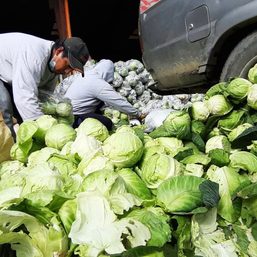
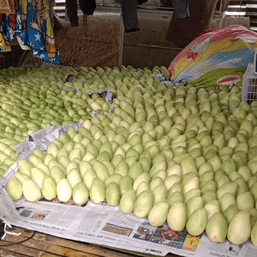
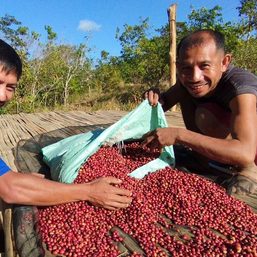
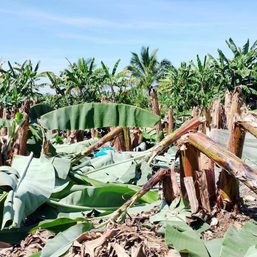



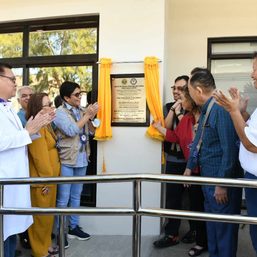
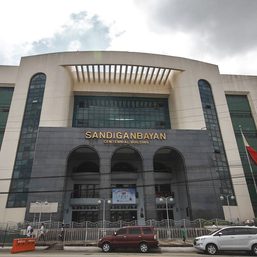

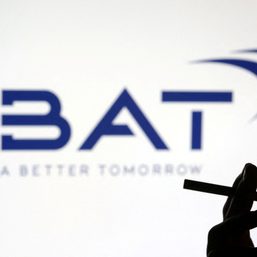
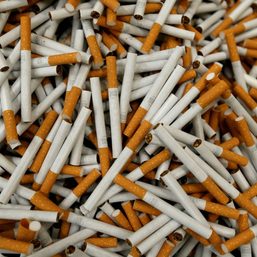
There are no comments yet. Add your comment to start the conversation.